Calling all budding novelists…
- Have you always wanted to write a novel?
- Are you looking for support and guidance to help you develop your novel?
- Would you like to understand more about the publishing industry and connect with literary agents?
City’s Novel Studio offers an intensive novel writing programme that supports 15 selected students to work on their novels for a year.
From researching your ideas and planning to writing, editing and understanding the publishing industry, the programme provides comprehensive guidance through the complexities of novel writing.
The course has been the starting point for many successful novelists. From bestselling crime writer Harriet Tyce, whose fourth novel, A Lesson in Cruelty, was published with Wildfire earlier this month—and who generously initiated and funded our Novel Studio scholarship for four years—to debut novelist Lara Haworth, whose first novel, Monumenta, will be published with Canongate this summer, the Novel Studio has become recognised as a place to develop and grow as a writer.
The course is taught by established writers and editors, and it includes opportunities to meet with literary agents and publishing professio nals.
nals.
In addition, we offer a Literary Agent Competition for all successful applicants to the course, run in association with leading agent Lucy Luck at C&W Agency.
And for one talented writer from a low-income household, we have The Captain Tasos Politis Scholarship, providing full funding for the course.
Full details on all these opportunities and information on the course are available here.
Or you can apply directly with 2000 words of your fiction and a CV to Emily.Pedder.1@city.ac.uk
The deadline to apply is approaching quickly. If you’re ready to take your novel writing to the next level, consider applying to The Novel Studio.
Deadline 30th June 5pm.
We look forward to reading your applications!


 Are you a budding copywriter looking for tips on how to get started? Here are three simple steps to help you build a portfolio using your interests as inspiration. Whether you love golf, graphic design or doing good, these strategies will help you on your way to producing top-notch copy.
Are you a budding copywriter looking for tips on how to get started? Here are three simple steps to help you build a portfolio using your interests as inspiration. Whether you love golf, graphic design or doing good, these strategies will help you on your way to producing top-notch copy.

 By Maria Sigacheva
By Maria Sigacheva The introduction should summarise the purpose of the letter. Whether it’s about missing documents or querying financial statements, make it clear upfront.
The introduction should summarise the purpose of the letter. Whether it’s about missing documents or querying financial statements, make it clear upfront. information twice. Make sure you order events chronologically.
information twice. Make sure you order events chronologically.


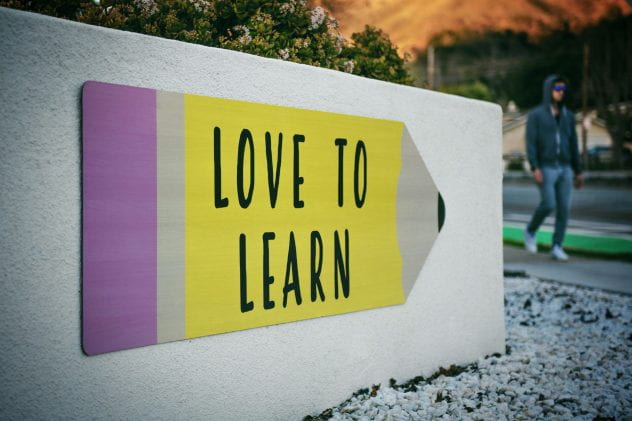


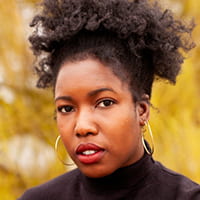
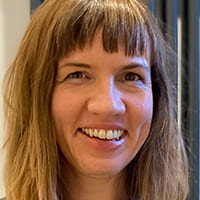



 Lara Haworth’s debut novel Monumenta is due out with Canongate in July.
Lara Haworth’s debut novel Monumenta is due out with Canongate in July. 

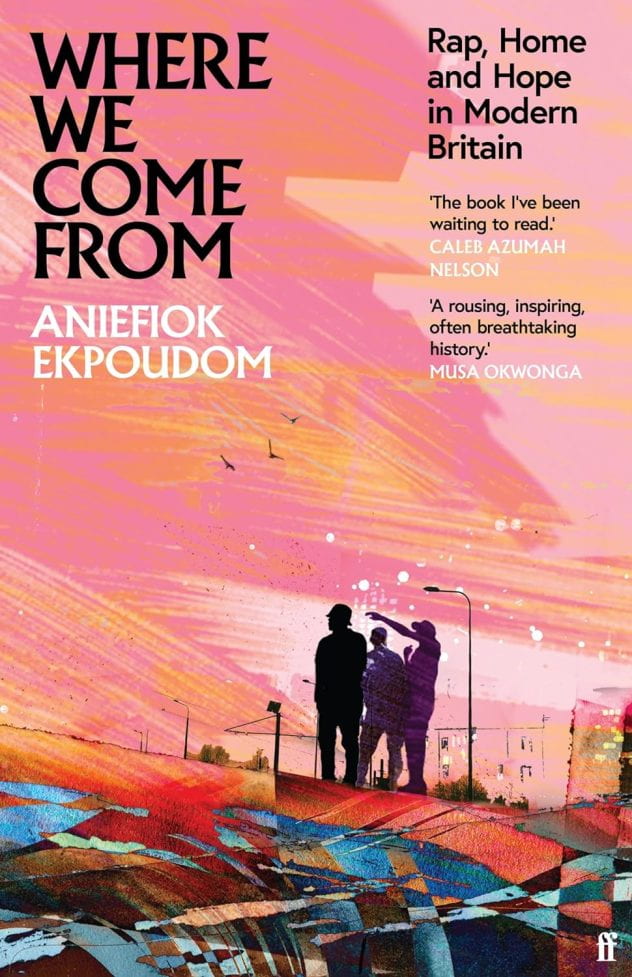




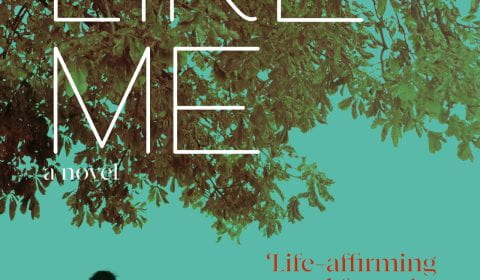


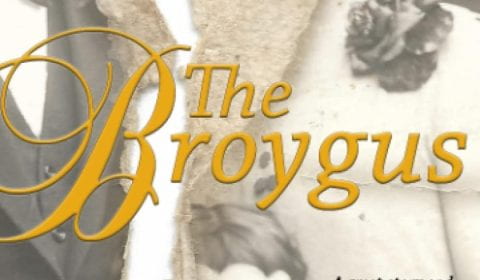
Recent Comments